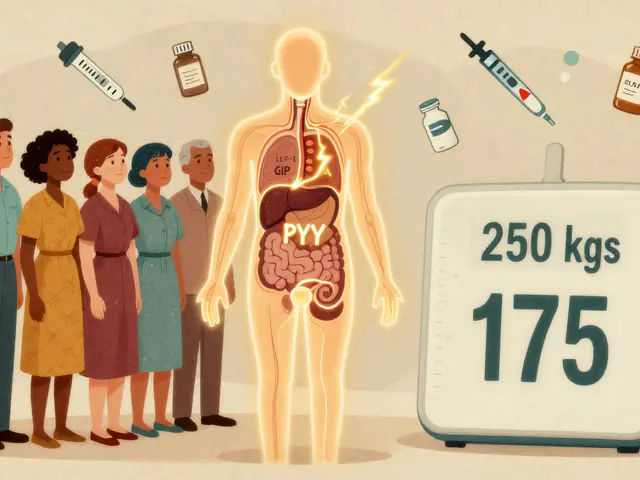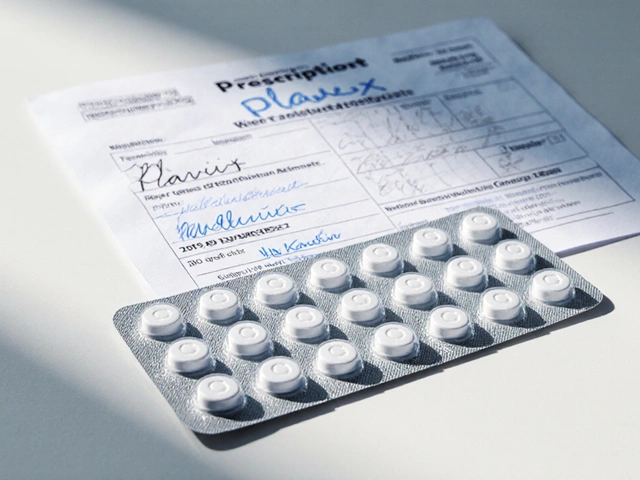Aluminium hydroxide: what it does and when to use it
Aluminium hydroxide is a common antacid found in many over-the-counter products. People use it for heartburn, indigestion, and acid reflux. Doctors also use aluminium hydroxide as a phosphate binder in people with chronic kidney disease. It works by neutralizing stomach acid and, in kidneys, by locking up excess phosphate.
How to take aluminium hydroxide safely
Follow the label or your doctor's directions. For antacid use, many products recommend taking aluminium hydroxide after meals and at bedtime, or when symptoms start. Typical OTC doses vary by product, so check milligrams on the bottle rather than guessing. If you take other prescription drugs, separate them by at least two hours. Aluminium hydroxide can bind several medicines and make them less effective.
As a phosphate binder in kidney disease, your doctor will tell you the exact dose. Don’t adjust that dose on your own. People with reduced kidney function need close monitoring because aluminium can build up in the body if kidneys can’t clear it well.
Common side effects and warnings
The most common side effect is constipation. Some people get stomach cramps or mild nausea. Long-term or high-dose use can lead to aluminium accumulation, which can cause bone or brain issues in rare cases—this is more a concern if you have kidney disease. If you have trouble swallowing or severe abdominal pain, stop the medicine and see a doctor.
Watch out for drug interactions. Aluminium hydroxide can reduce absorption of:
- Tetracycline and fluoroquinolone antibiotics
- Levothyroxine (thyroid medicine)
- Bisphosphonates for bone disease
- Iron supplements
To avoid interference, take those medicines 2 hours before or 4 hours after aluminium hydroxide, unless your doctor says otherwise.
Pregnant or breastfeeding? Most short-term antacid use is considered safe, but ask your healthcare provider first. If you have chronic kidney disease, talk to your nephrologist—aluminium-based binders are sometimes avoided or used with caution.
Storage is simple: keep the product at room temperature away from moisture and heat. Throw away expired antacids; effectiveness drops over time.
When should you call a doctor? See help if you get black or bloody stools, severe or persistent stomach pain, trouble breathing, high fever, or if symptoms don’t improve after a few days of using an antacid. For ongoing acid reflux or frequent heartburn, your doctor can check for underlying causes and suggest better long-term options.
Short-term antacid use can give quick relief. For safe results, follow dosing instructions, mind interactions, and check with a clinician if you have kidney problems or need long-term treatment.

Aluminium hydroxide in vaccines: understanding its purpose and safety
As a blogger, I've recently looked into the role of aluminium hydroxide in vaccines and its safety. This substance is commonly used as an adjuvant to enhance the immune response to a vaccine. It's been thoroughly tested and proven safe for use in vaccines, with minimal side effects. In fact, aluminium hydroxide has been used in vaccines since the 1930s, and a multitude of studies support its safety and effectiveness. In summary, aluminium hydroxide is a crucial component in many vaccines, ensuring their efficacy while maintaining a strong safety profile.
Read More




